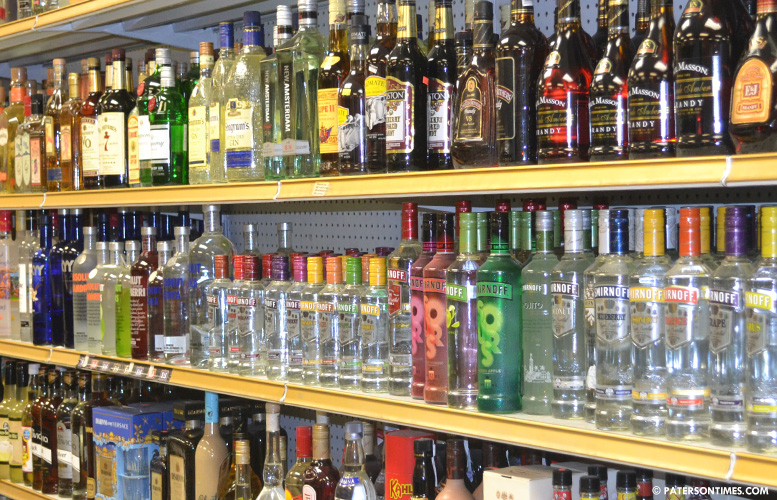The city is returning $230,000 to liquor businesses that have been contributing a surcharge every year for the past decade to allow the municipality to retire licenses in a city that has excessive number of liquor establishments.
Funds will be distributed to 140 retail consumption license holders through a rebate, said law director Domenick Stampone on Friday morning. The city setup the fund in 2004 to reduce the number of liquor licenses in the city, but it used the money to purchase just one license, according to the resolution approved by the city council earlier in the month.
The resolution states the city was allowed to pay a maximum of $30,000 to purchase a license which was viewed by license holders as paltry sum for their lucrative licenses. The resolution also abolishes the $200 surcharge for future license renewals.
Liquor license holders were happy to see the city return the funds and abolish the annual surcharge.
“What’s the sense of collecting it if they are not using it?” remarked Sammy Torres, president of the Paterson Bar and Liquor Store Owners Association, who owns two liquor businesses in the city. “I don’t think anybody would give up their license for $30,000.”
Torres, who is the brother of mayor Jose “Joey” Torres, said the association represents 50 liquor license holders.
“That’s a good idea,” said Quilvio Montesino, who also owns two liquor businesses. “I knew it was coming. The renewal price will come down.”
The city’s Liquor License Retirement Fund accumulated $290,000 over the years. The city will hold $60,000 in reserve for the purpose of continuing the program, according to the resolution.
Paterson has 208 liquor licenses, both C, retail, and D, distribution. Of this 194 are active and 14 are pocket licenses, according to municipal records. A municipality should have one C license for every 3,000 residents. With a population of 146,000, the city should have 49 licenses. It has 151.
Similarly, a city should have one D license for every 7,500 residents. It should have 20 licenses, but has 57.
The city has almost four times the number of C licenses and three times the number of D licenses than it should. This is due to the grandfathering in of licenses that existed prior to the passage of the state law tying number of licenses to population count.
Liquor stores have been often blamed for violence that occurs on city streets. So much so that the city council passed an ordinance to designate certain streets as hotspot crime zones to force businesses like chicken joints and liquor stores to close at midnight. This led to dramatic reduction in shootings in those designated zones.
It’s not clear when the liquor business owners will begin to receive their rebates. The city is working on a mechanism to distribute the funds, said officials.
Email: [email protected]
